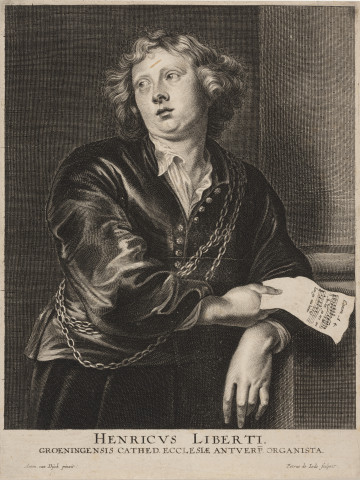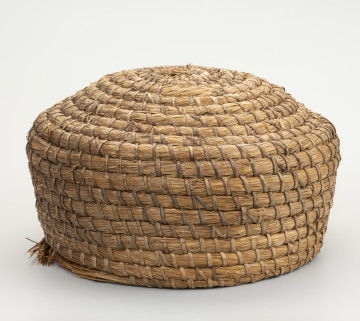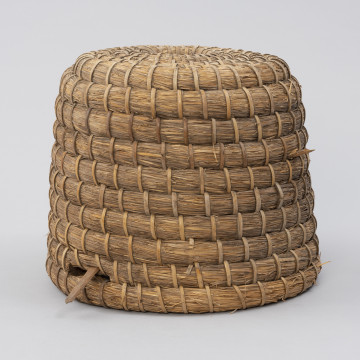
Portrait
circa 1632
National Museum in Szczecin
Part of the collection: European classics of modernity
Henryk Siemiradzki received thorough education at the Petersburg Academy. After graduation, he left to Munich via Kraków. In 1872, he travelled across Italy and reached Rome, where he settled for a number of years. Siemiradzki is the author of historical scenes with a large number of characters and accessories, inspired by antiquity, e.g. “Nero’s Torches”, “The Sword Dance”, “Christian Dirce” and numerous Roman bucolic scenes. He was also interested in monumental decorative painting, which found its expression in plafond paintings designed for palace interiors, referring to the Baroque illusionist tradition. These works were executed by the artist on canvass, and were later assembled in the residence.
In 1889, Henryk Siemiradzki ˗ as the second Pole next to Jan Matejko ˗ became a member of the Parisian Academy. An exhibition of his works was organised in Petersburg with the composition “Phryne on the Poseidon’s Celebration in Eleusis” purchased by Tsar Alexander III. At that time, he was working on two plafond paintings for the Petersburg villa of the influential industrialist Yuri Stepanovich Nechaev-Maltsov, for which he prepared the “Aurora” plafond earlier. In 1889, the “Andromeda” plafond was created and in 1890, “Spring (Flora)”.
Today, it is difficult to guess whether the heroine of the Szczecin sketch ˗ a naked woman breaking the shackles ˗ is the Ethiopian princess Andromeda, liberated by Perseus, or the Roman goddess of flowers, Flora, whose broken shackles symbolise the spring-time thawing of ice. The interpretation of Spring seems to be confirmed by the sparrows located in the bottom part of the painting and primarily the man with insect-like wings accompanying the woman, evoking associations with the god of wind, Zephyr. On the right-hand side, in the upper part of the work, there is the chariot of Phaeton, Helios’ son. The wealth of literary inspirations (Ovid, Albertrandi), the ease in combining mythological themes, the absence of iconographic equivalence and Siemiradzki’s licencia poetica keep the discussion about the Szczecin work open.
Dariusz Kacprzak
Other names
Andromeda
Author / creator
Dimensions
cały obiekt: height: 43 cm, width: 36,5 cm
Object type
painting
Creation time / dating
Creation / finding place
Identification number
Location / status

circa 1632
National Museum in Szczecin

1965
National Museum in Szczecin

1890 — 1910
National Museum in Szczecin
DISCOVER this TOPIC
Museum of King Jan III's Palace at Wilanów
DISCOVER this PATH
Educational path